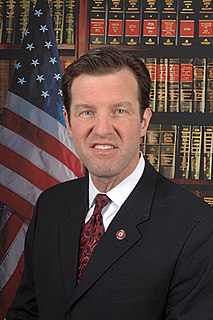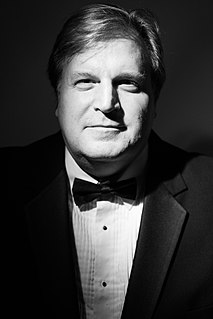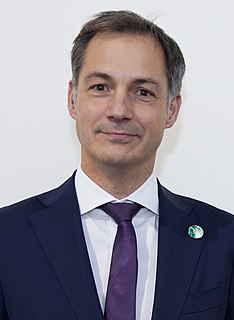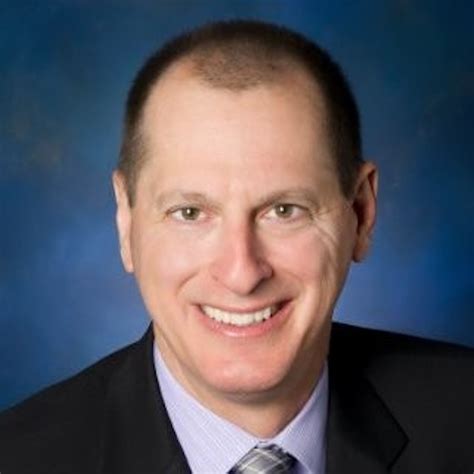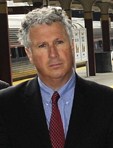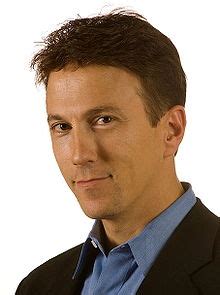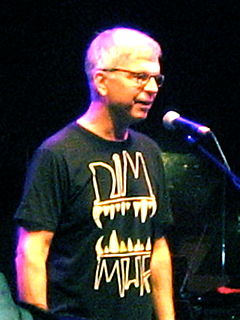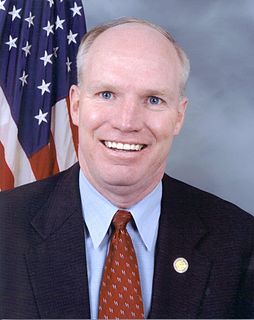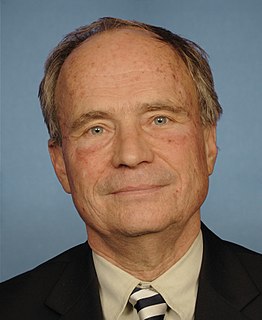Top 1200 Information Technology Quotes & Sayings - Page 4
Explore popular Information Technology quotes.
Last updated on November 15, 2024.
In the case of health information, I spent twenty-five years practicing medicine, and I was all too familiar with the fact that information wasn't properly shared, so I wouldn't know exactly what was in the hospital records; patients would be lost. Computerization gives the opportunity to actually get the information much better.
If the soul is impartial in receiving information, it devotes to that information the share of critical investigation the information deserves, and its truth or untruth thus becomes clear. However, if the soul is infected with partisanship for a particular opinion or sect, it accepts without a moment's hesitation the information that is agreeable to it. Prejudice and partisanship obscure the critical faculty and preclude critical investigation. The results is that falsehoods are accepted and transmitted.
But it is much later in the game now, and ignorance of the score is inexcusable. To be unaware that a technology comes equipped with a program for social change, to maintain that technology is neutral, to make the assumption that technology is always a friend to culture is, at this late hour, stupidity plain and simple.
The most revolutionary aspect of technology is its mobility. Anybody can learn it. It jumps easily over barriers of race and language. ... The new technology of microchips and computer software is learned much faster than the old technology of coal and iron. It took three generations of misery for the older industrial countries to master the technology of coal and iron. The new industrial countries of East Asia, South Korea, and Singapore and Taiwan, mastered the new technology and made the jump from poverty to wealth in a single generation.
We believe that we live in the 'age of information,' that there has been an information 'explosion,' an information 'revolution.' While in a certain narrow sense this is the case, in many important ways just the opposite is true. We also live at a moment of deep ignorance, when vital knowledge that humans have always possessed about who we are and where we live seems beyond our reach. An Unenlightenment. An age of missing information.
I am fascinated by all the new technology that creates places for us to meet in what is called cyberspace. I understand what it must have meant for the rebellions in the 19th century, especially in 1830 and 1848, when the mass circulated newspaper became so important for the spreading of information.
Quite often startups were first out of the gate with a sustaining technology. But somehow the leaders got the technology and stayed atop their industries. Sometimes they acquired the startup; sometimes they just developed the technology as a follower and used their muscle and mass to win. But they always won.
The only weapon we have to oppose the bad effects of technology is technology itself. There is no other. We can't retreat into a nontechnological Eden which never existed...It is only by the rational use of technology to control and guide what technology is doing that we can keep any hopes of a social life more desireable than our own: or in fact of a social life which is not appalling to imagine.
There have been misperceptions that we're trying to make all the information open on Facebook, and that's completely false. There are big buckets of information that we recommend that you share with only your friends privately. Then some of the more basic information, we recommend that that's visible to everyone.
Information is now a commodity that can be bought and sold, or used as a form of entertainment, or worn like a garment to enhance one's status. It comes indiscriminately, directed at no one in particular, disconnected from usefulness; we are glutted with information, drowning in information, have no control over it, don't know what to do with it.



